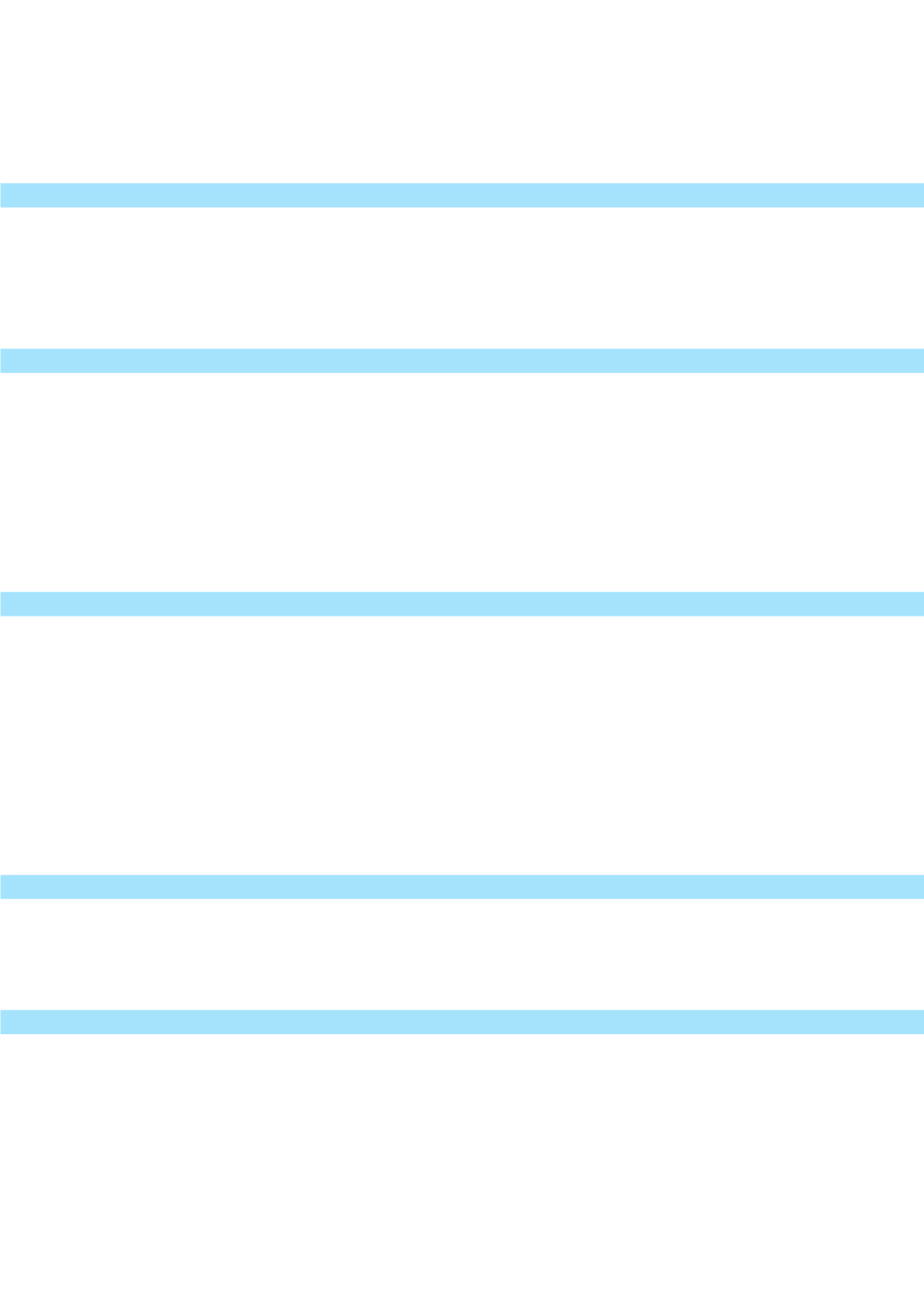
Sustainability Report 2012 • 59
Marketplace Activities
Marketplace activities define the Company’s relationships with its partners and users as well as others in its
spheres of influence as laid down in this Code.
• Suppliers and Contractors – Suppliers should seek to influence their business partners in the supply chain
to follow the same CSR practices as laid down in this Code.
• Customers – Relevant CSR components should be taken into consideration when dealing with customers
such as:
- Providing Accurate Information on Products or Services
- Helping to Protect the Environment
- Handling Complaints in a Timely Manner
- Ensuring Data Protection
Community Contact
Suppliers should be proactive in finding opportunities to serve the community alongside their own business,
including:
• Encouraging Employee Volunteer Activities
• Social Contributions
Environment Undertakings
Practices to conserve natural resources and improve the environment should be followed, including:
• Implementing Environmental Policies and Management Systems
• MinimisingWaste
• Operating Energy-efficient Schemes
• Adhering to Environmental Regulations
Business Ethics
A high standard of ethics should be maintained, including:
• Business Integrity
• No Improper Advantage
• Disclosure of Information
• Fair Business and Competition
Workplace Operations
The workplace refers to the activities that define the Company’s relationships with its employees, including:
• Anti-discrimination Policies
• Staff Training and Development
• Wages and Benefits
• Working Hours and Rest Days
• Child Labour and Forced Labour
• Health and Safety
• Freedom of Association and Human Rights
Towngas CSR Code of Practice for Suppliers


